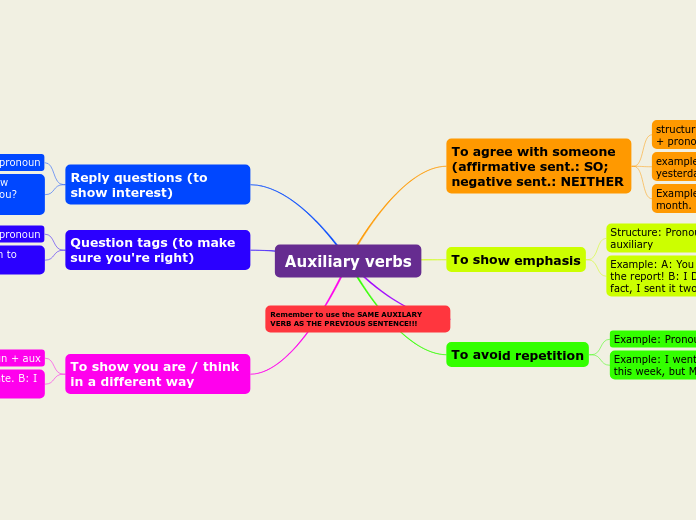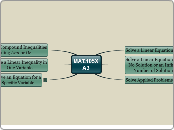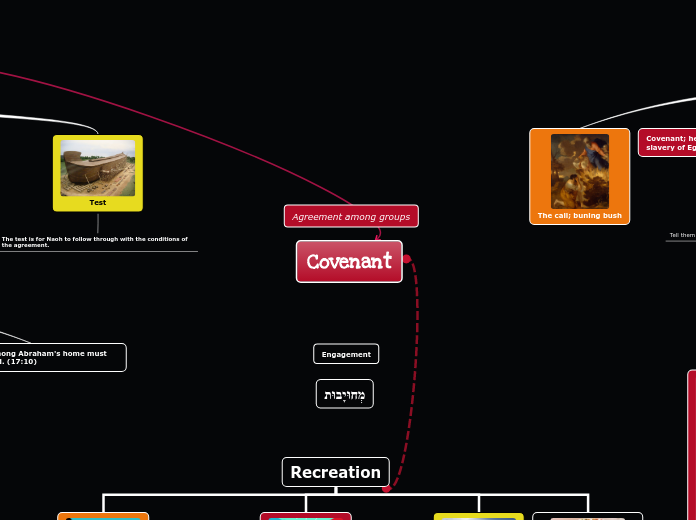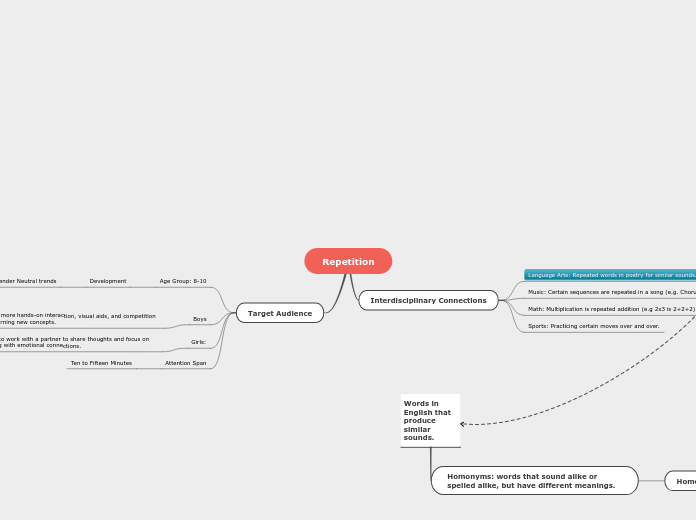av María Machmar för 3 årar sedan
804
Auxiliary verbs
The use of auxiliary verbs is crucial in English for forming question tags, which help confirm information. When responding to statements, it's important to use the same auxiliary verb as the previous sentence to maintain coherence.









